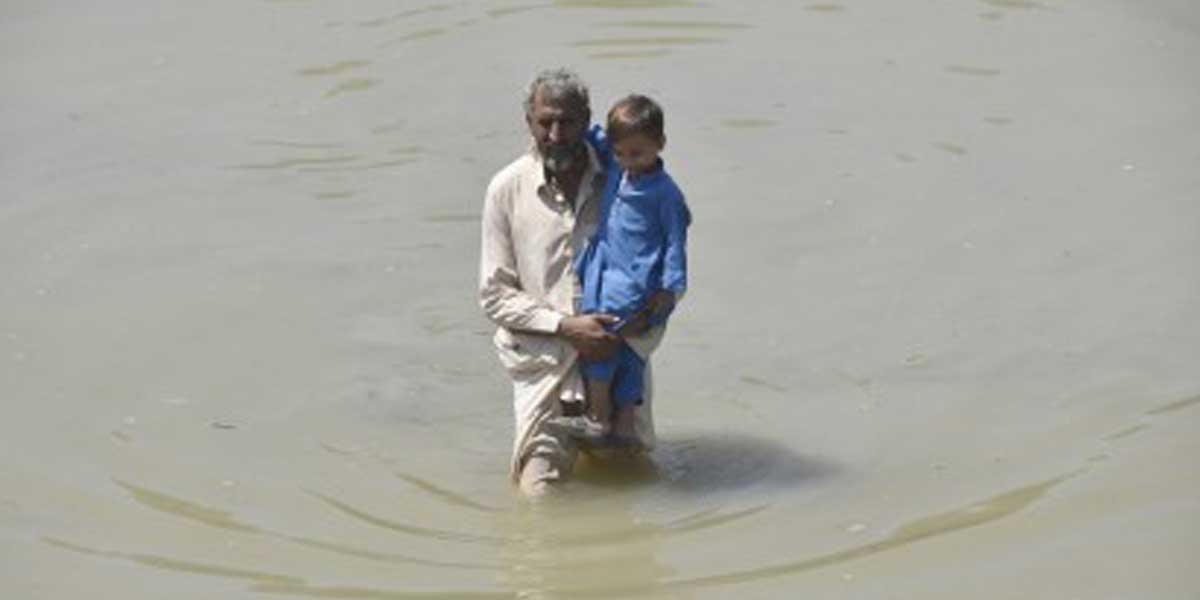
BERLIN/GENEVA – A new report launched by the United Nations University Institute for Environment and Human Security (UNU-EHS) warns of an increase in interconnected disaster risks around the world.
According to the “Interconnected Disaster Risks 2021/2022” report, the world has witnessed another record-setting year of catastrophic disasters, during which over 10,000 human lives were lost and an estimated USD280 billion in damages were incurred globally.
Dr. Zita Sebesvari, a lead author and deputy director of the UNU-EHS based in Bonn, Germany, spoke to Xinhua ahead of the report’s publication via video call.
“Recognizing the importance of prevention is probably one of the most important messages that the report conveys,” she said. “One of the most urgent tasks is to change from reactive towards preventive action. This is an area where China has a long tradition of recognizing the role of prevention and recognizing the need to step in before a disaster is actually happening.”
The report stresses that none of these catastrophic disasters needed to be as deadly or costly as they were, arguing that by “applying the right solutions in the right combination with each other, lives can be saved, damages averted and, in some cases, disaster can be prevented altogether.”
Sebesvari, an environmental scientist who is also a lead author of the Intergovernmental Panel on Climate Change (IPCC), a United Nations (UN) body responsible for advancing knowledge on human-induced climate change, said the two main underlying reasons were climate change and global demand pressures.
Others included insufficient risk governance, undervaluing environmental costs, inequality of development and livelihood opportunities, as well as the legacy of colonialism.
The report also identifies eight solutions to help prevent or better manage risks, including innovation, international cooperation, sustainable consumption and strengthened institutional governance.
The United Nations University (UNU) is the academic arm of the United Nations and acts as a global think tank.
According to its website, the mission of UNU-EHS is to carry out cutting edge research on risks and adaptation related to environmental hazards and global change. (Xinhua)





















